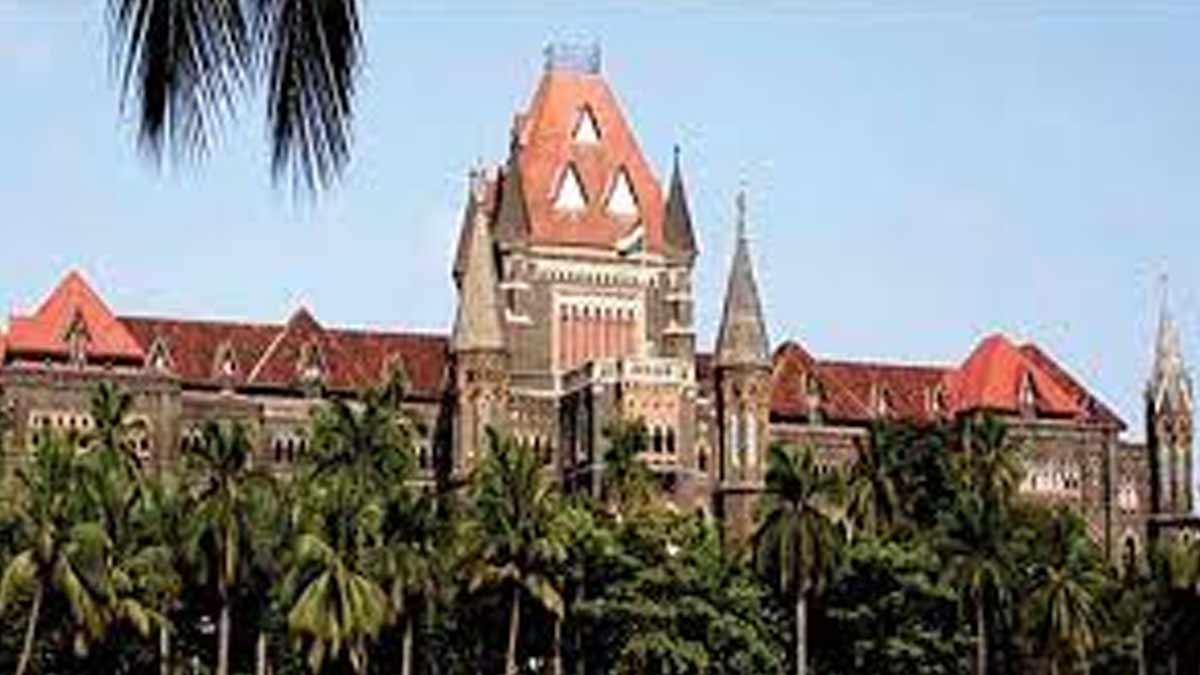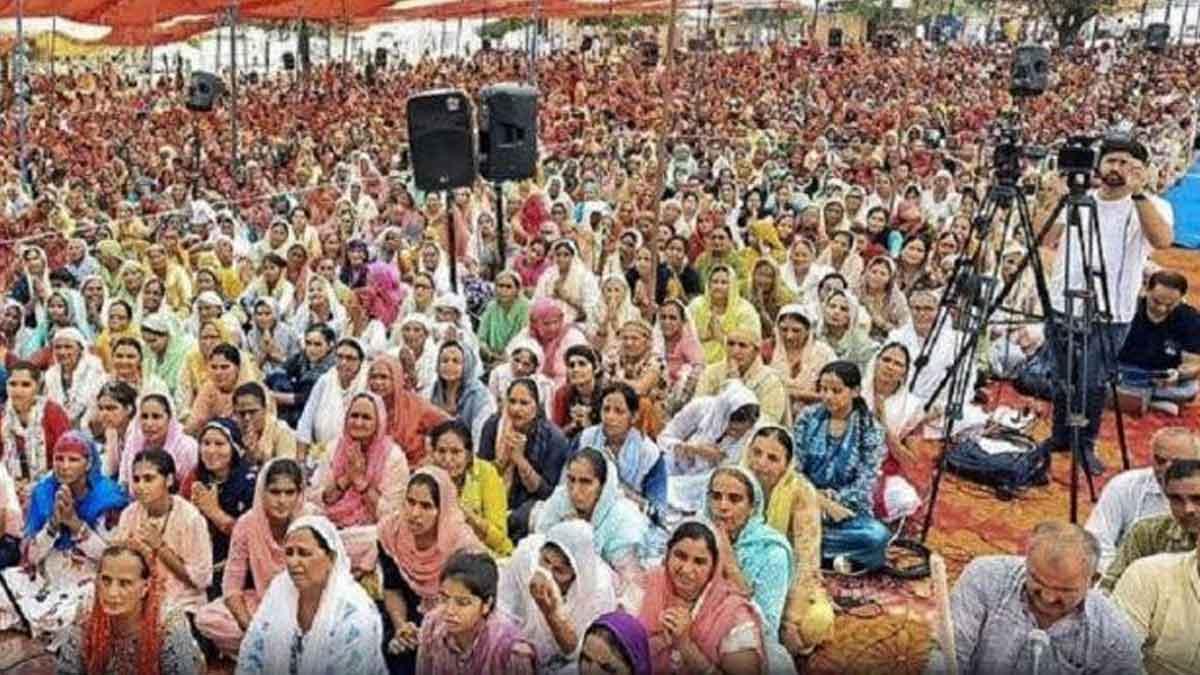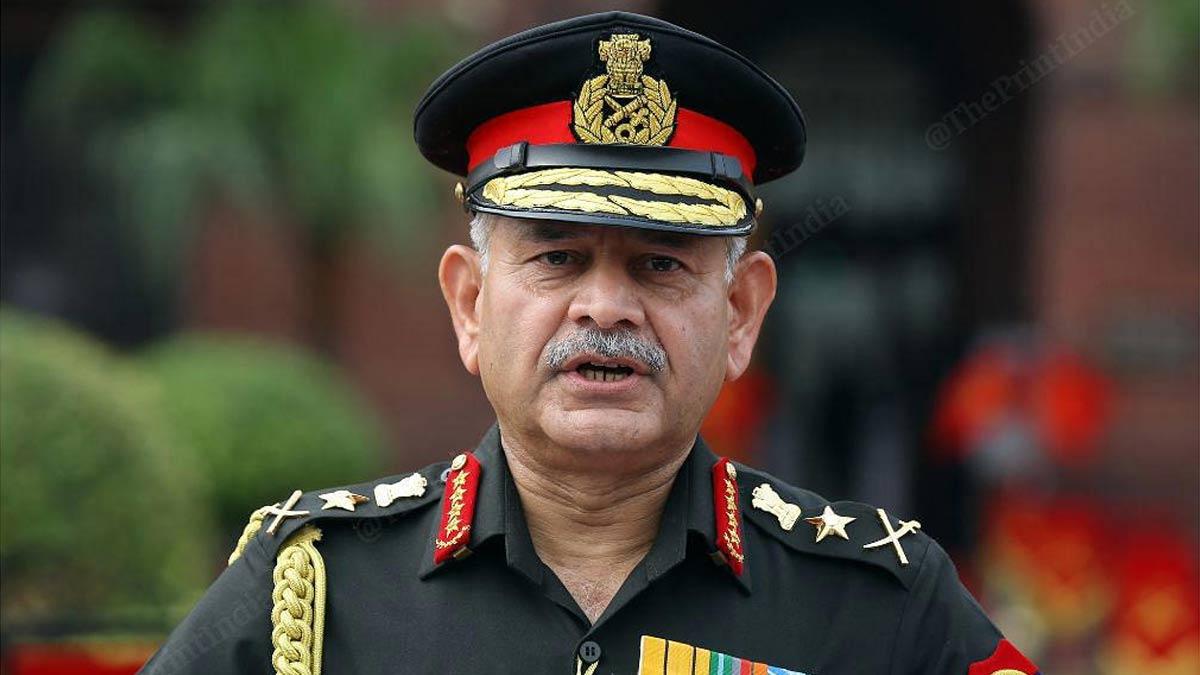Referring to the inevitability of human resistance to any change, Chief Justice Devendra Kumar Upadhya of the Bombay High Court called for an open mind towards the newly enacted criminal laws. While addressing a programme arranged by the Ministry of Law and Justice on Sunday, 'India's Progressive Path in the Administration of Criminal Justice System', CJ Upadhyaya underscored the need for its effective implementation under the revised legal framework that comes into force on Monday.
"Within us lies a place that resists change and would hold ourselves within our comfort zones. This resistance has to come out of the fear of unknown and often muddles our judgment," said CJ Upadhyaya.
Most significantly, across the geographical expanse of India, three new criminal legislation will replace colonial-era laws: Bharatiya Nyaya Sanhita, Bharatiya Nagarik Suraksha Sanhita, and Bharatiya Sakshya Adhiniyam—these three will replace the Indian Penal Code, the Code of Criminal Procedure, and the Indian Evidence Act, respectively.
"For a century, we've been executing our criminal justice system with archaic laws. There may be issues in the new laws, so we have to accept and welcome them for effective implementation", CJ Upadhyaya asserted.
The programme, held to raise awareness and build conversation between the stakeholders on the recently enacted laws, highlighted that there was a need for close coordination at all levels among the stakeholders.
"The successful implementation of these laws would be impossible without collective action and synergy among stakeholders," CJ Upadhyaya stressed. He admitted first-term inevitability but was sure that during this transition period, the Judiciary had the capacity to surmount challenges.
The Union Minister of State for Law & Justice, Arjun Ram Meghwal, said much the same thing in his delivery, referring to the criminal laws as being a new mode of justice and not just punishment. He drew attention to the inclusive process by which these laws were shaped, from large-scale consultations with the stakeholders to the incorporation of the Law Commission of India.
"The changing nature of law is both a reflection of society's dynamism and also the need for efficient conflict resolution," Meghwal said, while asserting the commitment of the government toward a justice system that faces contemporary challenges.
The short of it, as various speakers, including Chief Justice Upadhyaya and Minister Meghwal, put it, was a vision for a reformed criminal justice system rooted in proactive adaptation and collective responsibility.
Read also | Delhi Braces for Heavy Rain as IMD Issues Orange Alert for Upcoming Days


















